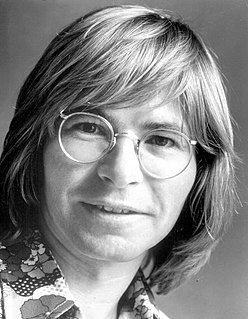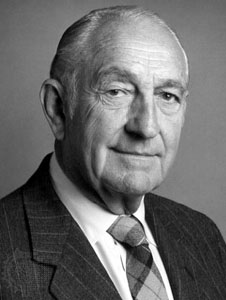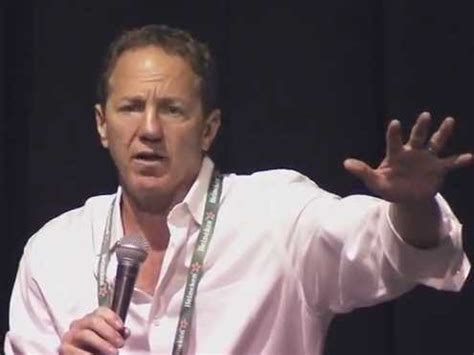A Quote by Lionel Shriver
We need to recognise that slowing population growth is one of the most cost-effective and reliable ways of easing pressure on our environment and securing a sustainable future for us all
Related Quotes
I suppose that's a question most often asked of me by people who would like to make a positive contribution towards a sustainable future and a healthy environment. There are so many things that need to be done that sometimes it seems overwhelming. I try to remind everyone that no one person has to do it all but if each one of us follows our heart and our own inclinations we will find the small things that we can do, and together we will come up with enough to create a sustainable future and a healthy environment.
To change our national economic story from one of financial speculation to one of future growth, we need a third industrial revolution: a green revolution. It will transform our economy as surely as the shift from iron to steel, from steam to oil. It will lead us toward a low-carbon future, with cleaner energy and greener growth. With an economy that is built to last - on more sustainable, more stable foundations
I would be remiss, as a scientist who studied this, if I didn't mention the following two things: The first is that, most importantly, we need to do, as a society, in this country and globally, whatever we can to reduce population"....."Our whole economic system is based on growth, and growth of our population, and this economic madness has to end.
The Internet is the first technology since the printing press which could lower the cost of a great education and, in doing so, make that cost-benefit analysis much easier for most students. It could allow American schools to service twice as many students as they do now, and in ways that are both effective and cost-effective.
?Using his burgeoning intelligence, this most successful of all mammals has exploited the environment to produce food for an ever increasing population. Instead of controlling the environment for the benefit of the population, perhaps it's time we controlled the population to allow the survival of the environment.
City farming is not only possible, it is the very definition of the kind of meaningful, sustainable innovation we will need to meet the grand challenges of the 21st century: climate change; population growth; ageing population; urbanization; rising demand for energy, food and water; poverty; and access to healthcare.
































